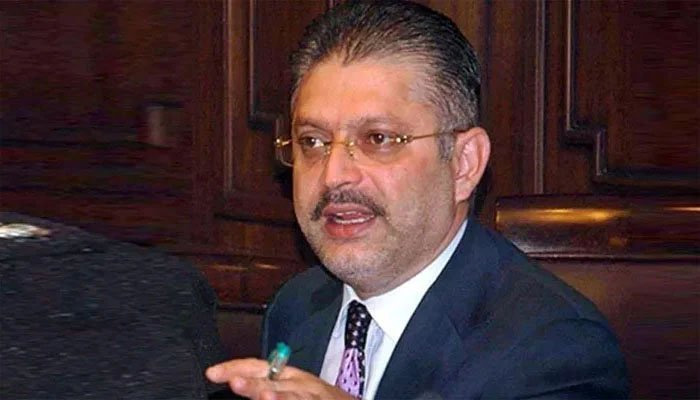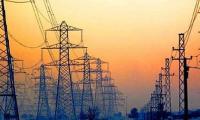K-Electric is only making money, says Sharjeel Memon
Sindh minister says KE is not improving its systems and claims that the company has also reduced its manpower
KARACHI: Following citywide protests against prolonged and unannounced loadshedding amid sweltering weather, Sindh Information Minister Sharjeel Inam Memon berated K-Electric, saying that the power distribution company was focused on just making money off Karachiites instead of investing in the system.
Speaking to Geo Pakistan, the provincial minister took K-Electric to task over the worsening situation in the metropolis.
“K-Electric has problems which are not new. We have been talking about this for a long time. K-Electric is a profitable company, earning money from the city. They should have invested in their network but they are not doing so and just making money.”
The minister said that KE is not improving their systems and claimed that the company has also reduced its manpower.
Sharjeel Memon said that apart from K-Electric, the situation of Hesco and other distribution companies is even worse. There is an 18-hour load-shedding in rural areas of Sindh due to which people are suffering from mental anguish.
“These power utility companies must solve their problems and provide electricity to the people.”
The provincial minister further said that if people have problems, it does not mean that they will block roads.
While referring to day-long protests in Karachi’s Mauripur area, Memon slammed the protesters for creating difficulties for the people.
KE statement
KE said in a statement that during the past 24 hours, the average power supply to Karachi has been 2,700 MW, including an average of 1,000 MW received from the national grid.
“Due to the rise in temperature, the power demand has also surged, because of which the power shortfall, which used to be 250 to 300 MW on an average, has risen to an average of 400 to 500 MW.
“Furthermore, because of the shortage of fuel for power generation and a steep rise in its prices on a global scale, power production is also adversely affected.
“Moreover, due to some payable issues, the utility is confronting challenges in the procurement of fuel. Currently, KE is using all available resources for power generation, and is constantly in touch with the relevant stakeholders for the availability of fuel in the required quantity.”
-
Security forces gun down 30 terrorists in multiple IBOs in KP: ISPR
-
MQM-P calls for new province in Sindh
-
US report validates Pakistan military edge over India: PM
-
Banned TTP poses serious threat to Pakistan security: UNSC panel
-
CM Afridi clarifies remarks on by-poll after ECP requests army deployment
-
Dubai sees 3.2m Pakistani passengers in 2025 as airport sets new milestone
-
Security forces kill 23 Indian proxy terrorists in KP's Kurram
-
Pakistan to construct island to boost oil exploration: report













